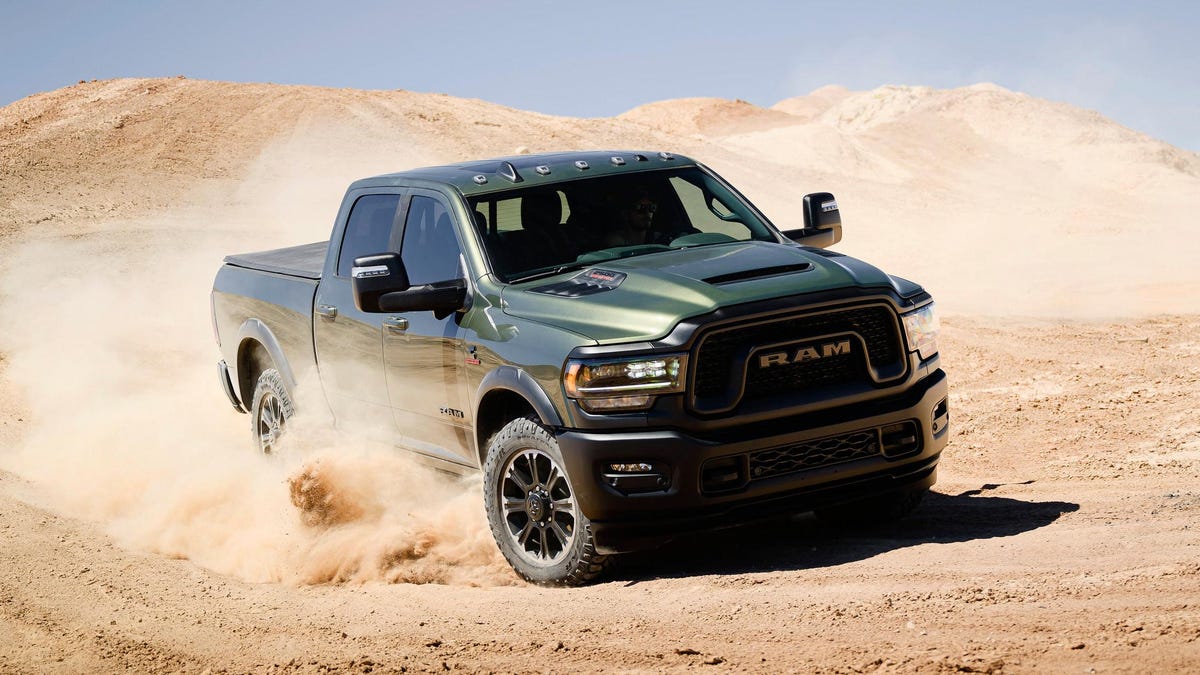You don’t see diesels on the road as much ever since Volkswagen’s emissions cheating scandal broke, but they’re still out there, and the people who love them still love them. That’s partly because they’re so torquey, but it certainly doesn’t hurt that they also generally get better fuel economy — not gas mileage since technically, diesels don’t use gasoline. But why is that?
One of the first reasons doesn’t really have anything to do with diesel at all, actually. Many of those European cars you’ve seen that get better fuel economy than most hybrids use small engines that make less power than the larger engines we’re used to here in the U.S. They typically make enough torque for getting around denser neighborhoods and winding rural roads with low speed limits, but you probably wouldn’t want to make an unprotected left turn across two lanes of oncoming traffic in one. That isn’t exactly unique to diesels, either, as gas-powered cars with smaller displacement engines tend to also get better fuel economy than ones with more displacement.
That said, it isn’t just a displacement issue, and you aren’t imagining things. Even when you account for engine displacement, cars with diesel engines do generally get better fuel economy. For example, while a 2015 Volkswagen Jetta with a 1.8-liter engine is EPA-rated at 36 mpg highway, the 2.0-liter diesel version is rated at 43 mpg highway. Why is that? Because while, speaking very broadly here, only maybe 35 percent of the energy contained in a gallon of gasoline gets turned into energy that moves the car forward, that figure rises to about 45 percent for a diesel.
The video below does a good job of explaining these differences in a way that’s detailed enough to keep you interested but also doesn’t require a master’s degree to understand. Basically, diesel fuel itself also contains more energy than a comparable amount of gasoline, meaning that you need to use less of it to do the same amount of work. But there’s more to it, too. Diesel fuel comes with the benefit of also being lubricating, so it reduces friction in the engine and helps it lose less energy. Diesel engines also tend to operate at lower RPM, which reduces the amount of energy lost to heat. The higher compression ratio helps, too.
That said, gasoline engines have also come a long way in recent years. In the past, diesel engines had the advantage of using direct fuel injection, but that’s now common on gas cars, as well. As a result, gas engines can run higher compression ratios and close the fuel economy gap compared to diesels.


